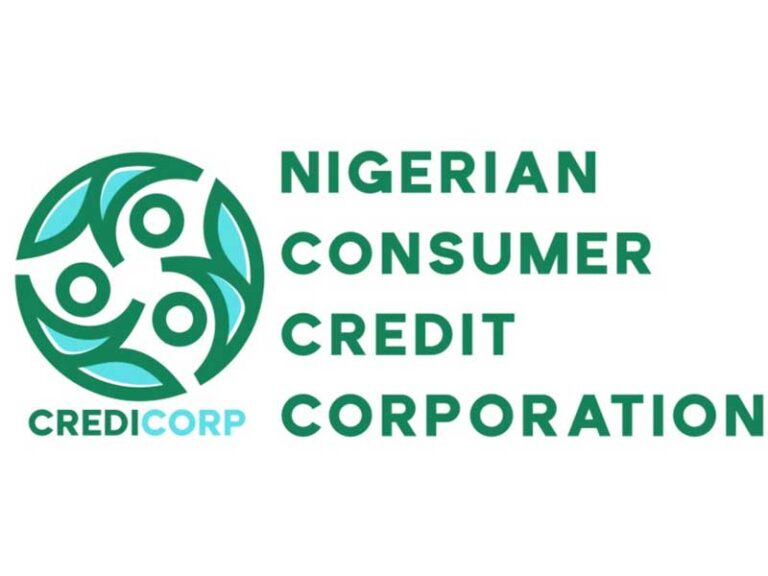In a major push to improve access to affordable finance, the Federal Government has introduced a consumer credit initiative offering up to ₦2 million interest-free loans, starting with civil servants and later extending to the broader public. The scheme is spearheaded by the Consumer Credit Corporation of Nigeria (Credicorp), established by executive order in April 2024.
Structured Credit, Not Free Money
Speaking after a briefing with President Bola Tinubu, Credicorp Managing Director Uzoma Nwagba emphasized that the new scheme is not about handing out free funds but about empowering Nigerians to plan better financially and live with dignity.
“Rather than pay ₦2 million upfront for a car or household item, Nigerians will now be able to make structured monthly payments, such as ₦100,000 for 20 months,” he explained.
Credicorp will not lend directly to individuals. Instead, it will support banks, fintechs, cooperatives, and microfinance institutions, providing a “backstop” and credit guarantees to lower risk for lenders and expand access to credit.
Improving Lives and Tackling Corruption
The program is designed to meet three core objectives:
-
Enhance quality of life
-
Reduce corruption by easing financial pressure
-
Stimulate demand for Nigerian-made products
Nwagba argued that the absence of affordable consumer credit forces many Nigerians into exploitative lending or corrupt practices to meet basic needs. With structured credit, people can pay for essentials like school fees, rent, and appliances without needing large upfront cash.
“Countries that provide affordable credit allow their citizens to live decently without saving for decades,” he said. “This is the model we’re working toward.”
A Phased Rollout with Huge Interest
Credicorp’s pilot phase is focused on federal civil servants, with plans to scale nationally. So far, over 1.6 million Nigerians have expressed interest through a nationwide call earlier this year.
Building Infrastructure for a Credit Economy
One of the key challenges Credicorp aims to tackle is the lack of a centralized credit history system. Many applicants are excluded because lenders cannot verify their repayment ability. Credicorp is working with the Central Bank of Nigeria and credit bureaus to create a national credit infrastructure linked to NIN (National Identification Number) for accurate credit scoring and transparency.
Given Nigeria’s limited fiscal space, the government cannot directly fund the estimated ₦180 trillion needed to reach 50% of the population. Instead, Credicorp will act as a wholesale financier, offering capital and credit guarantees to financial institutions to de-risk lending.
SCALE: Boosting Local Industry Through Credit
To stimulate Nigeria’s manufacturing sector, Credicorp launched the SCALE (Securing Consumer Access to Local Enterprise) programme. It links consumer credit to local production, encouraging borrowers to purchase Nigerian-made vehicles, solar kits, and furniture at subsidized interest rates (as low as 9%).
Key SCALE highlights include:
-
Partnership with TVS, Nigeria’s largest tricycle manufacturer, to deliver credit-backed ownership to riders through Accum Microfinance Bank.
-
Collaboration with solar energy firms to promote local assembly of photovoltaic cells in exchange for wider credit access.
-
Support for indigenous manufacturers to scale up operations by supplying goods directly to credit-backed consumers.
Changing the Narrative Around Credit
Mr. Nwagba also emphasized the need to shift public perception, noting that credit is often stigmatized in Nigeria.
“In developed economies, borrowing isn’t a sign of failure—it’s a tool for growth,” he said. “We want Nigerians to see structured credit as a dignified way to improve their lives and build economic momentum.”
Conclusion
With President Tinubu’s strong backing, the Credicorp initiative signals a new era of inclusive credit access, linking economic empowerment to industrial growth. If successful, it will create a functional credit culture, drive local production, and offer a sustainable alternative to predatory lending practices for millions of Nigerians.

